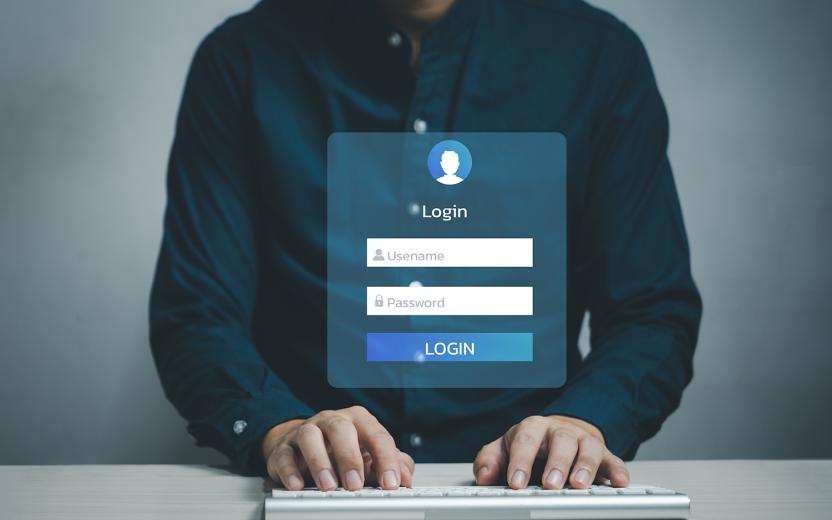Latest News

Thanks to technology, your personal and financial information are accessible to you from anywhere that the internet is available. This is convenient, but it also comes with risk. If all you need to access your account is “hello123,” then it will be easy for anyone else with an interest in your information to gain access as well. Don’t let a weak password be all that stands between your information and a cybercriminal.
Take these three steps to keep your accounts secure.
- Secure your accounts with better, faster, stronger passwords by setting up biometrics.
If your devices aren’t compatible with biometrics, you can create strong passwords without having to remember them by relying on a password manager app. And don't forget to set up a recovery email address for your NetID. If your Cornell NetID account is ever locked, you can quickly and easily get back in by registering a non-Cornell email address.
- Multifactor authentication is one of the best security tools available to you.
In fact, Duo is a required layer of security for many Cornell sites and services. If a cybercriminal has stolen your password through hacking, or a widespread security breach, multifactor authentication will be the reason that your personal data stays protected. If you’re worried about how you’ll get into your accounts if your phone breaks, you’re not getting service, or you get a new device, you can add alternate Duo devices to your account.
- Passkey login is currently the gold standard for account security, without relying on a password.
For faculty and staff at Cornell, Secure Connect allows you to use a passkey when you use CUWebLogin. Using your fingerprint or your face as a two-step login tool (instead of Duo), drastically reduces the chances of your account getting hacked. A criminal might be able to guess your password and trick you with duo push fatigue, but they can’t easily imitate your unique fingerprint or smile!

Comments?
To share feedback about this page or request support, log in with your NetID